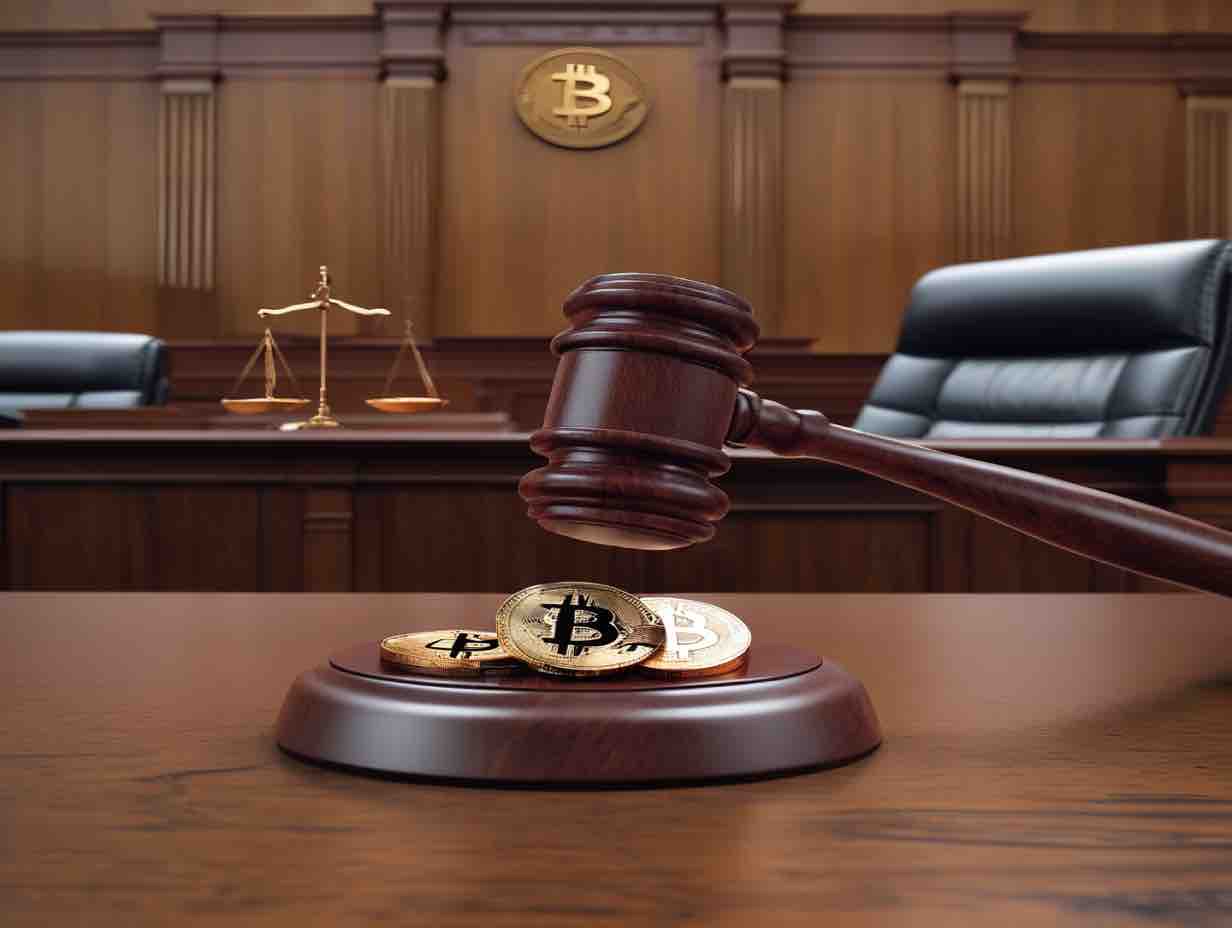A recent ruling by the Second Circuit Court of Appeals has overturned a lower court decision and revived a lawsuit against Binance, the world’s largest cryptocurrency exchange, and its former CEO Changpeng Zhao, along with other executives. The lawsuit, initiated in April 2020 by a group of crypto investors, alleges that they purchased securities from Binance, including various ERC-20 tokens such as EOS, TRX, ELF, FUN, ICX, OMG, and QSP.
Appeals Court overturns Binance’s lawsuit verdict
The case faced a setback when Judge Andrew Carter of the Southern District dismissed it in May 2022. Judge Carter’s decision was based on two primary grounds: first, that the plaintiffs had filed the lawsuit after the statute of limitations had expired, and second, that Binance, as a non-domestic exchange, lacked strong enough ties within the U.S. to fall under federal securities laws.
However, the recent ruling by the Second Circuit Court of Appeals has breathed new life into the case by overturning Judge Carter’s decision and remanding the case back to the district court. The appeals court found merit in the plaintiffs’ argument that transactions involving the assets in question were finalized on servers within the U.S., and that they had accessed Binance from the U.S.
Additionally, the court challenged Binance’s assertions regarding its lack of headquarters or physical location. Addressing the statute of limitations issue, the circuit court ruled that the clock did not commence until the plaintiffs purchased the tokens, which occurred within a year of them filing the suit. Notably, while the original complaint involved more tokens, only seven were implicated in the recent ruling.
Implications and next steps in the legal battle
The significance of this ruling lies in the clarity it provides regarding the jurisdiction of U.S. federal securities laws over secondary market trading of digital assets alleged to be securities. Drew Hinkes, a partner at K&L Gates, underscored the importance of this ruling in offering clarity on the matter. It is essential to emphasize that the ruling neither confirms nor refutes whether the tokens in question are securities.
Should the case proceed without further appeal and return to the district court, the parties will have the opportunity to argue over whether the tokens meet the legal definition of security. In response to the ruling, plaintiffs’ attorney Jordan Goldstein, a partner at Selendy Gay, expressed satisfaction with the decision and readiness to pursue the class action against Binance and its founder Changpeng Zhao.
The recent decision by the Second Circuit Court of Appeals has resuscitated the lawsuit against Binance, allowing it to continue in the district court. The ruling addresses crucial issues concerning the applicability of U.S. federal securities laws to transactions involving digital assets and sets the stage for further legal proceedings to ascertain the classification of the tokens at the heart of the case.





